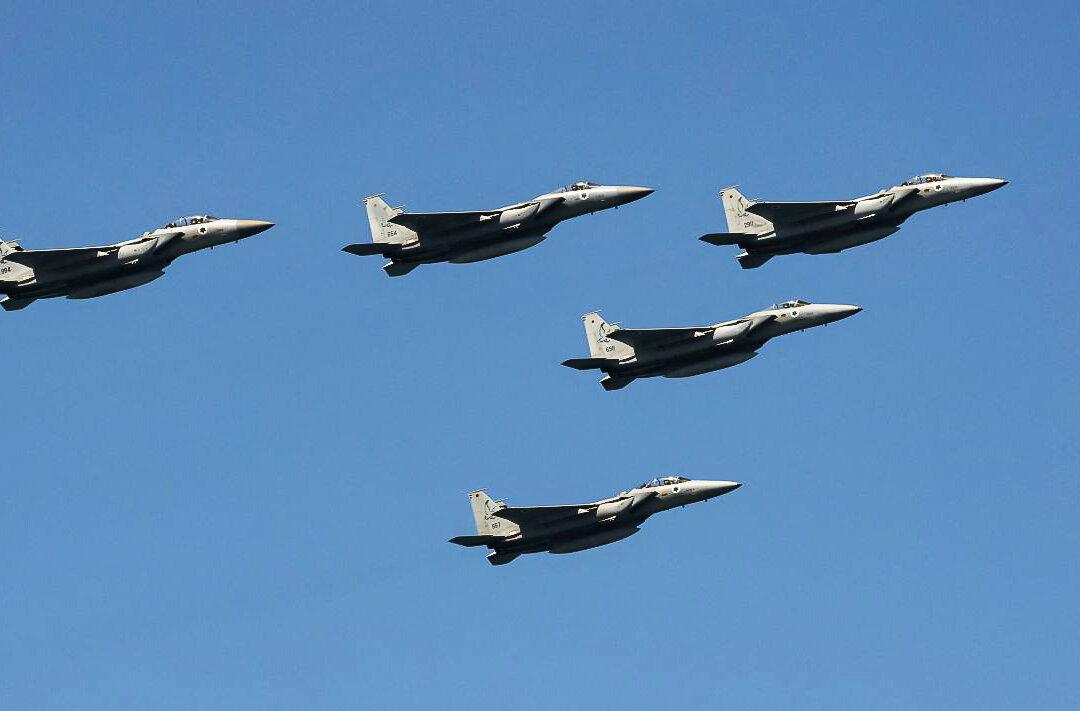Israel’s military chief said on April 15 that Israel will respond to Iran’s missile and drone attack, but it’s not clear how or when.
Herzi Halevi, head of the Israel Defense Forces, told reporters that Iran’s strikes “will be met with a response” without elaborating. He spoke during a visit to the Nevatim air base, which Israel says suffered light damage in the Iranian attack.





